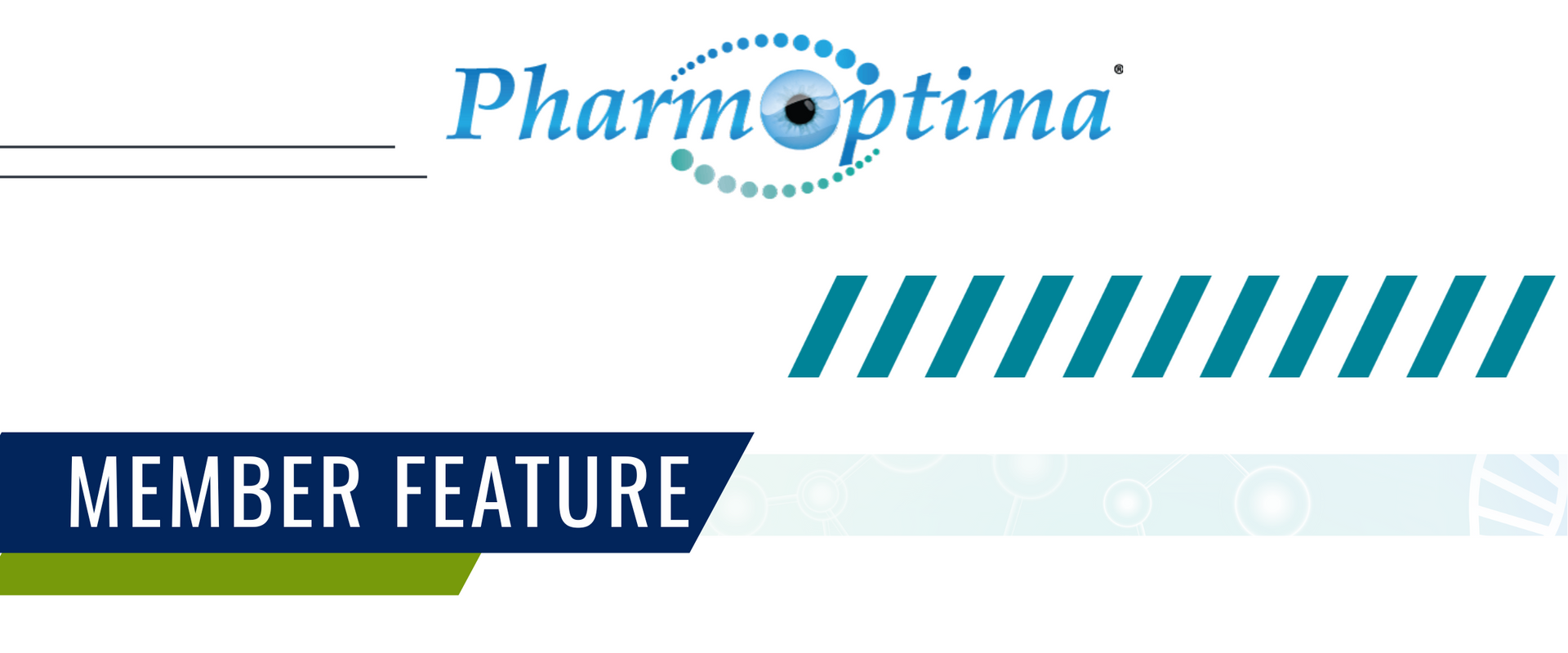Scherdel Medtec NA Achieves ISO 13485 Certification for Enhanced Quality Standards
Setting New Benchmarks in Medical Device Quality
Muskegon, Michigan, US – April 18, 2024 – Scherdel Medtec North America, part of Scherdel Medtec GmbH, a leading global provider of medical device components, today announced it has achieved certification to the ISO 13485:2016 standard. This internationally recognized standard outlines the requirements for a quality management system (QMS) specific to the medical device industry.
“Achieving ISO 13485 certification is a significant milestone for Scherdel Medtec North America,” said Drew Jelgerhuis, Business Development Manager. “This accomplishment underscores our unwavering commitment to providing our customers with the highest quality and safest medical device components possible.”
The path to certification began two years ago as a key objective within the strategic plan. The groundwork was laid by Grace Piasecki, Quality Management, who focused on ISO 13485 requirements, writing the quality management system and implementation plans. Her dedication and collaboration with Scherdel Medtec headquarters and international teams in Germany and France were instrumental in securing this important accreditation. The multi-disciplinary team including quality, logistics, engineering, production, project management, and human resources were all committed to executing the best management system and its implementation across all disciplines.
“We are confident that ISO 13485 certification will provide several key benefits for Scherdel Medtec NA and our customers,” said Jelgerhuis. These benefits include:
- Stronger Foundation: ISO 13485 establishes a QMS specifically designed for the medical device industry, providing a solid foundation for continued growth in North America.
- Enhanced Customer Confidence: Certification demonstrates our commitment to quality and safety, assuring customers that the medical device components they rely on meet the highest
standards. - Expanded Market Access: As the value of ISO 13485 certification continues to rise within the medical device market, Scherdel Medtec NA is positioned to meet the growing requirements of
drug, device, and contract manufacturers. - Risk Reduction: A well-implemented ISO 13485 QMS helps identify and mitigate potential risks before they impact medical devices.
- Improved Efficiency: Streamlined processes and reduced waste contribute to increased efficiency and productivity.
- Employee Engagement: A culture of quality and safety fosters a more motivated and engaged workforce, leading to improved performance.
About Scherdel Medtec
Scherdel Medtec is a leading provider of high-precision medical device components, offering a comprehensive portfolio of solutions for complex medical device applications. Scherdel Medtec is committed to delivering the highest quality products and services to its customers, ensuring patient safety and improving healthcare outcomes.
RECENT ARTICLES




